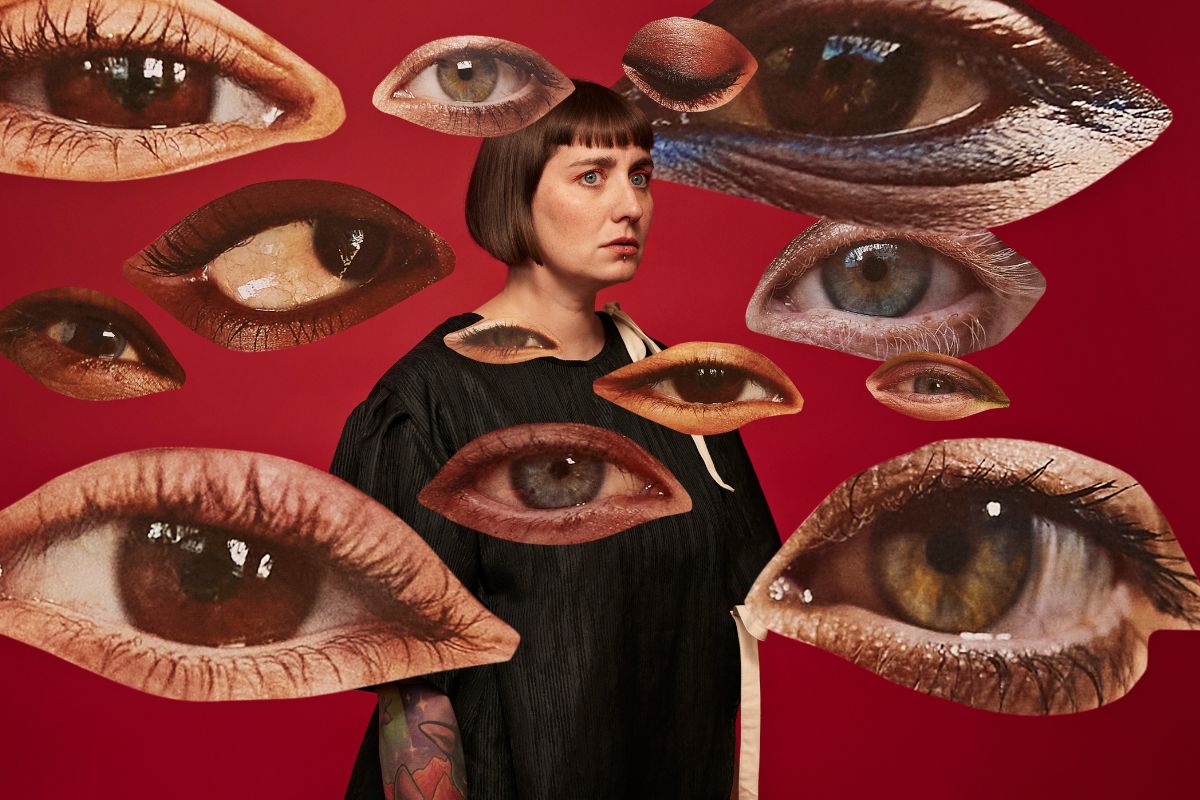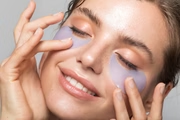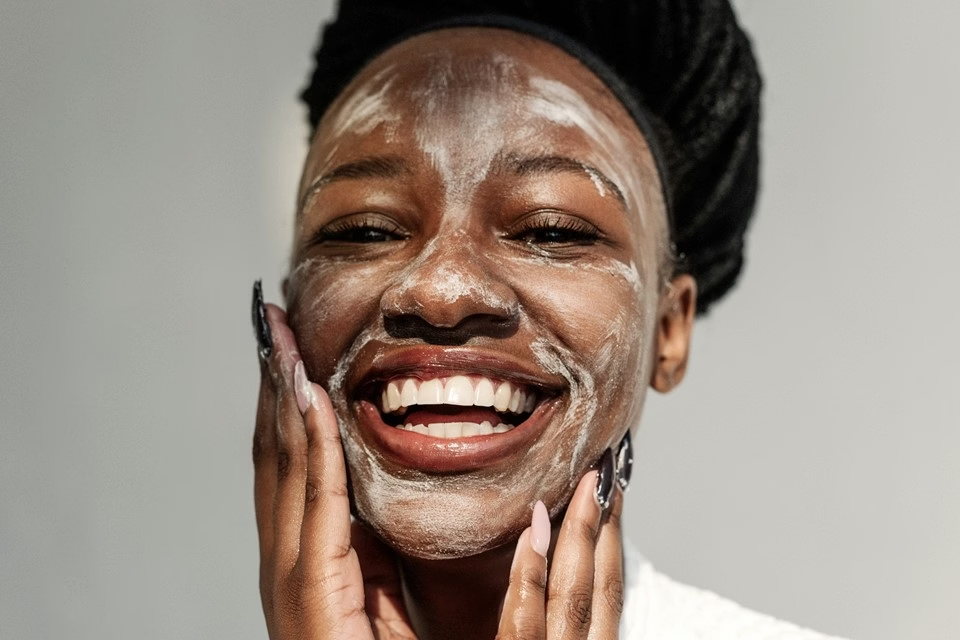Beauty burnout: 5 signs that aesthetic concerns have become a disease

The mirror, which once reflected self-esteem and pleasure, often brings back tiredness. The sparkle in your eyes when opening a new lipstick turns into anxiety. Your self-care routine becomes an obligation. And what was once a burden — emotional, financial or social. These are some of the characteristics of beauty burnout, a deep emotional exhaustion caused by the incessant search to fit into a changing and unattainable aesthetic standard.
From makeup artists to surgeons, from psychologists to psychoanalysts, experts interviewed by Metrópoles identify a growing, often silent, malaise that has mainly affected women. Aesthetic pressure is no longer just an external demand and has started to occupy internal space in the mind, mood, desires and pocketbook.
“You buy the lip gloss, but you want her life”Vanessa Rozan is a makeup artist, communicator and influencer. When she talks about beauty, she doesn't do so from the perspective of being dazzled by new products — but rather from the perspective of exhaustion.
“Beauty burnout is this fatigue with so many trends , so many products, so much information. It’s not just about looking beautiful, it’s about having to conform to a certain standard all the time. It’s tiring. It’s very tiring,” she says.
She says that even though she receives a huge variety of beauty products, she barely manages to use them. “Sometimes we buy something on the spur of the moment. But then it ends up in the drawer. Some products expire without being used. This isn’t just consumption: it’s guilt, it’s frustration.”
Vanessa advocates for a basic and intelligent need. “With 15 well-chosen products, you can get by for 12, 24 months. We don’t need that much.” For her, the big turning point is identifying that the problem is collective. “The hardest part is when we feel anguish and don’t know where it comes from. When you discover that it’s the system that makes you feel this way, it becomes easier to protect yourself.”
In the expert’s view, social media fuels this generalized fatigue with appearance. “We think we’re just watching a funny video, but we’re absorbing filtered beauty standards: young, white, with poreless faces. You start to think that’s the right thing to do. And then you don’t just want the gloss, you want to be that person.”

Allan Bernacchi, a plastic surgeon and specialist at the Brazilian Society of Plastic Surgery, confirms that the number of patients who come to his office due to the influence of social networks has increased. And with them, the level of dissatisfaction has also increased.
According to the expert, many patients come to us saying they want what the influencer did, what their friend did. “They don’t even know exactly what they want — they just know they’re not satisfied.” And this dissatisfaction is endless . In the race for eternal youth, the person in question always feels like they’re “losing out.”
Among the most requested procedures are fillers, botulinum toxin and, on the rise, collagen biostimulators . For the doctor, the issue goes beyond technique. “The person is trying to fill a void that is not physical, it is emotional.”
He reports cases in which he refused procedures because he perceived weak motivations. “I have said no several times. Because if I do it, I am harming the patient. If the person is not well emotionally, surgery will not solve the problem.”

For psychologist and neuroscientist Leninha Wagner , beauty burnout is not officially recognized by psychiatric manuals, however, clinically, it is already widely identified.
“It is an emotional exhaustion caused by the obligation to look beautiful all the time. It is silent, it sets in slowly. When the woman realizes it, she is exhausted.”
She mentions recurring symptoms: lack of motivation to get ready, social fatigue, low self-esteem, irritability and even isolation. “Women feel like they are never good enough. Aesthetics become a prison.”
According to Leninha, the culture of the perfect image affects the functioning of the brain . “Social networks activate dopamine: you post, get likes, feel good. But this doesn’t last long. Frustration comes soon after. And the cycle starts all over again.”
In her office, she recalls that this exhaustion appears in women who cannot look at themselves without makeup, who are ashamed of their natural face, who avoid mirrors, or who undergo successive interventions without feeling better. Instead of satisfaction, what sometimes occurs is an increase in emotional pain.
“What hurts is not in the skin”Psychoanalyst Artur Costa points out that beauty burnout is a symptom of our times. A time in which the body has become a project. “It is a type of emotional exhaustion caused by the pressure to meet unrealistic standards. The person feels trapped: they take care of their appearance not for pleasure, but because they feel they need to.”
What are the symptoms of beauty burnout?- Low self-esteem;
- Severe self-criticism;
- Aesthetic compulsion;
- Anxiety when looking in the mirror;
- Embarrassed to leave the house without a filter.
Artur explains that this search for the ideal image often hides deeper suffering : emotional deficiencies, fear of rejection, a history of criticism in childhood and insecurity. “It is an attempt to correct the body when, in fact, what hurts is the soul.”
According to him, acceptance needs to be done with attentive listening. “Psychoanalysis helps the subject understand the desire behind the image. What are you trying to fix? Who are you trying to be?”
And he concludes: “People need to regain the freedom to be who they are — and not who Instagram demands they be.”








When it comes to beauty, cleansing and moisturizing your face are the first steps.
Getty Images
Sunscreen is your skin's best friend, according to dermatologists
Getty Images
The eye area requires extra attention
Getty Images
Skincare Test: Find Out How Addicted You Are to Skincare
Getty Images
Self-care involves different areas and is beneficial. Pressure to include it in your routine, however, can trigger emotional problems.
Getty Images
With a huge number of products on the shelves, only a dermatologist can identify your skin's needs.
Getty Images
Always pay attention to the product application recommendations. Suitability guarantees the effectiveness of dermocosmetics
Getty ImagesBeauty burnout is not about makeup or cosmetic procedures. It’s not about vanity. It’s about a society that demands, compares, measures, judges — and exhausts. And about women who, whether they realize it or not, are paying this price every day.
As Vanessa Rozan reminds us, “when we understand that this is structural, and not just our problem, we can breathe better. We can choose. We can even protect ourselves.”
If there is something to be rescued from this story, perhaps it is this: the courage to see yourself as you are without a filter, without performance, with love and with rest.
metropoles



